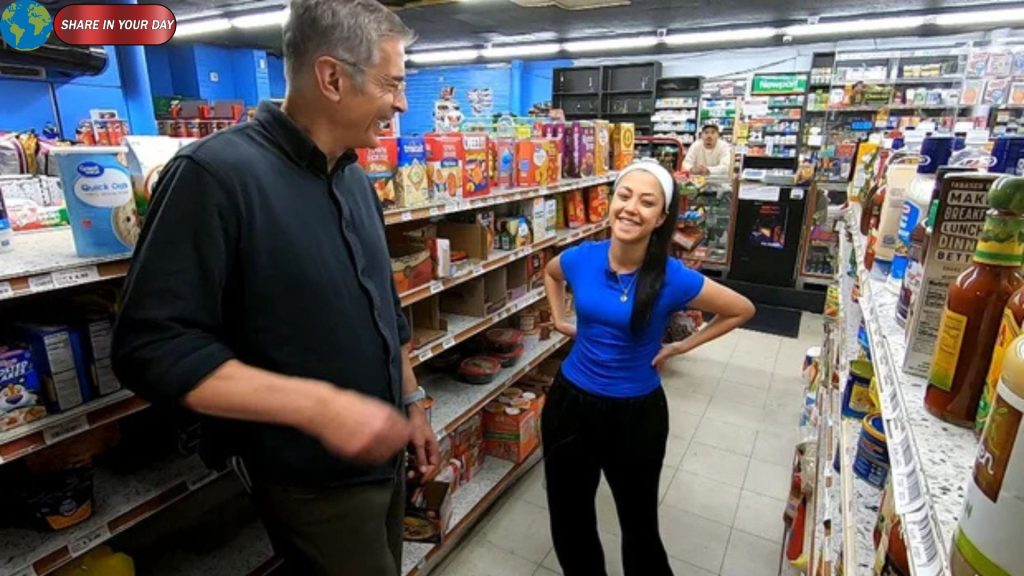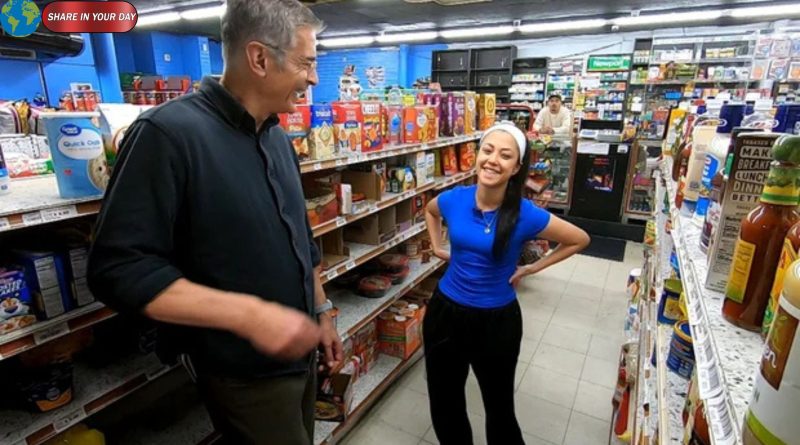In Denver and other parts of Colorado, the impact of potential federal cuts to the Supplemental Nutrition Assistance Program (SNAP) is rippling beyond just households — small grocery stores that rely heavily on SNAP transactions are bracing for difficult times.
Take the example of Holly Market near 33rd Avenue and Holly Street. Owner Urja Paudel, 27, who bought the store in March, says about 70 % of her customers use SNAP benefits.
Paudel views her store as a community lifeline: “This is the closest walkable market that we have,” she explains.
Now, with a federal shutdown triggering a pause in SNAP payments as early as November 1, Paudel and other small retailers face an uncertain future.
The United States Department of Agriculture (USDA) has announced it will not tap into roughly $5 billion in contingency funds to continue benefits into November — meaning that for Colorado alone around $120 million in food aid may not be delivered.
For small, independent stores operating on thin margins, the stakes are high. “There are about 3,000 retailers accepting SNAP benefits in the state … Some are larger retailers. Others are small corner stores that fill roles in places that might otherwise be considered a food desert.” says Anya Rose, Director of Public Policy at Hunger Free Colorado.
When SNAP dollars are spent, they reverberate throughout the local economy — to retailers and farmers alike. When those dollars stop, the drop‑off can be substantial.
Paudel’s concerns are immediate: “We have to pay rent, electricity, upkeep… we just don’t know if we’re going to be able to do that.”
She’s already reduced her produce inventory, since fewer benefit‑users may come by or have the funds to shop.
For customers in vulnerable neighborhoods — who may already be navigating a “food desert” scenario — the impact could be far more dramatic. According to Rose, for every meal provided by a food bank, SNAP supports approximately nine, meaning the loss of SNAP is not easily replaced.
In short: the possible pause in SNAP benefits isn’t simply a matter of delayed payments. It threatens the stability of small businesses, the food security of local residents, and the economic ecosystem in harder‑to‑serve neighborhoods across Colorado





